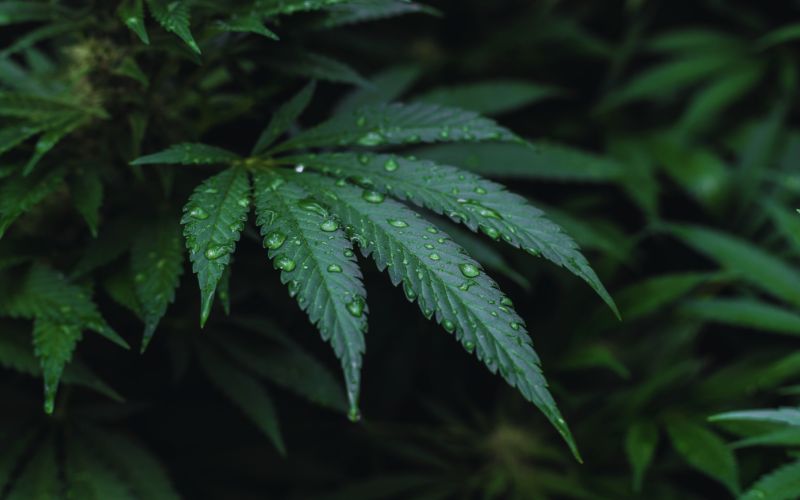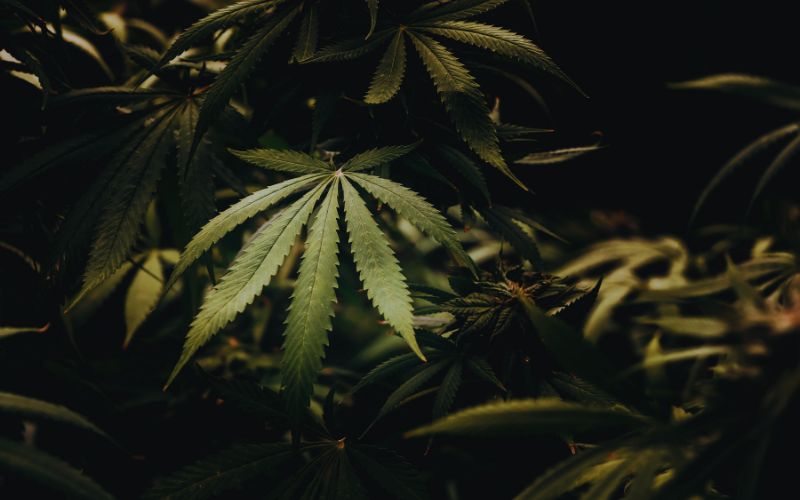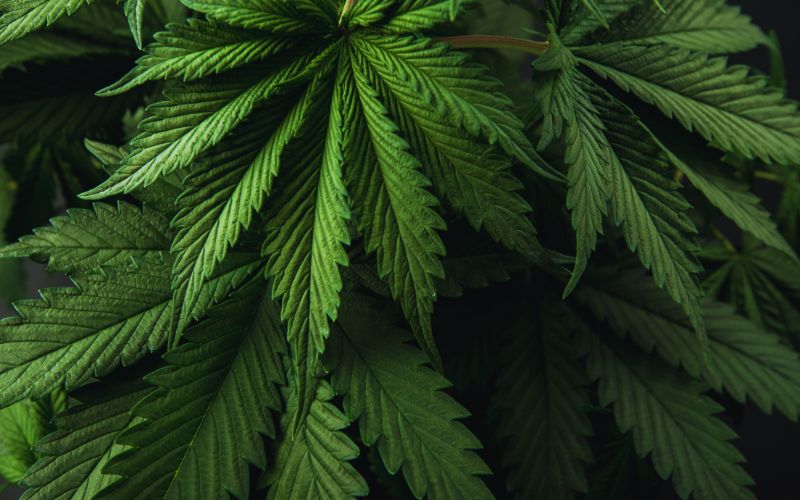All cannabinoids, whether derived from hemp, marijuana, or bio synthesis should be subject to the same regulatory measures according to their use. However currently the Delta-8 and Delta-9 product you can find at a liquor store has a very different regulatory pathway than the gummy one would take recreationally because of the Farm Bill, which created a loophole for hemp and hemp-derived products.
Today, the DEA says that Delta-8 and Delta-9 are not federally controlled substances because they are naturally occurring in the plant. However, states are often taking their own actions to regulate hemp, which can leave businesses in a constant state of uncertainty.
When Aaron Smith, CEO of the NCIA, joined us on the Cannabiz Success Show he offered insight into the disparities between the two industries and what is being done to level the playing field.
Integrating Hemp into the Cannabis Supply Chain: California
The Farm Bill created loopholes for hemp-derived products, such as Delta 8s, to bypass local marijuana laws, putting consumers at a greater health risk. These loopholes underscore the need for balanced regulations that will support an ecosystem in which both hemp and marijuana products and businesses thrive while placing the necessary guardrails for consumers of intoxicating cannabinoid products.
In California, AB2223 aims to integrate hemp into the cannabis supply chain, emphasizing equal treatment for cannabinoids derived from hemp or marijuana. Because there is currently over-regulation for intoxicating substances in the marijuana industry and minimal regulation for intoxicating substances in the hemp industry, this move would even the playing field for both while increasing safety measures for consumers.
While there is still uncertainty, laws like AB2223 aim to make this a reality and could serve as a template for the future of cannabinoid regulation nationwide if executed well.
Proposed Statewide Regulations: Texas
Contrast this with the current situation in Texas, where a proposed ban on intoxicating substances – issued on April 11, prior to the proposed federal rescheduling – would impact a growing hemp industry. This issue won’t be decided until next year’s legislative session, and there is a lack of clarity around exactly what the governor is asking, but such a measure is on the horizon; other states may follow with their own regulations (the number of states sits currently at 14).
Despite the uncertainty around the legislation – and the governor’s extreme track record against cannabis in the past – my prediction is that there won’t be an outright ban, but instead an opportunity for stronger regulation, in line with the popular opinion of Texas voters. As cannabis moves to Schedule III, Texas will be all the more likely to move towards less conservative positions in regards to both cannabis and hemp.
Reducing Criminal Market Influence
By bringing hemp into the cannabis regulatory system, lawmakers aim to diminish the influence of the criminal market and promote legal businesses. It is increasingly difficult to see the criminal market go away when the taxes imposed on the cannabis industry are so limiting, especially in locations where the criminal market has been thriving for decades. The competition is too steep for legal producers and vendors. Part of the comprehensive reform needed to remove that criminal market is to bring hemp into the cannabis regulatory system so that business practices and taxation allow legal producers to beat out criminal competitors.
Sustainable Tax Regimes for Cannabinoids
California acknowledges the need for sustainable tax regimes, realizing that over taxation may drive businesses back into the criminal market. Other states with legal marijuana markets have taken notice as well. This law is encouraging progress in policy reform and signals a positive shift towards sustainable growth and support for the cannabis industry, as well as concern for consumer and public health.
Moving Forward Together
Integrating hemp into the cannabis supply chain is a crucial step towards creating a regulated, stable and thriving industry for all stakeholders, at the state and national level.
As much as regulation can be unsettling for businesses, it would be long-term good news for the hemp industry. Consistent regulation on dosing and preventing accidental consumption by children adds consumer confidence and legitimacy to the industry.
The important thing is that any regulatory changes be adopted in such a way that they don’t hurt small businesses overnight but give time for them to adapt to any new scheme.
If you’re interested in receiving cannabis insights like these, as well as a curated selection of our favorite industry resources, subscribe to our monthly newsletter. You can also learn more about our virtual CFO services for cannabis businesses or sign up for a free consultation below.





